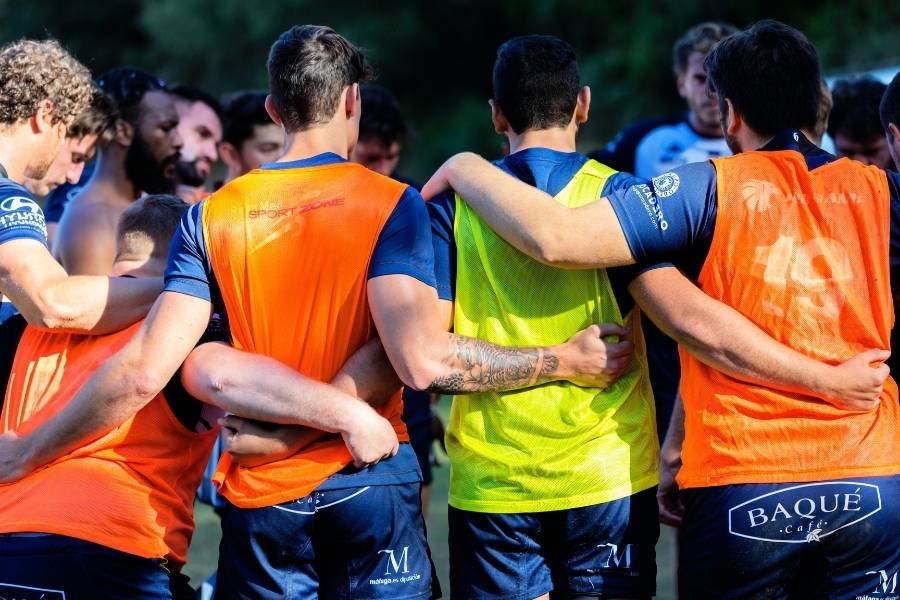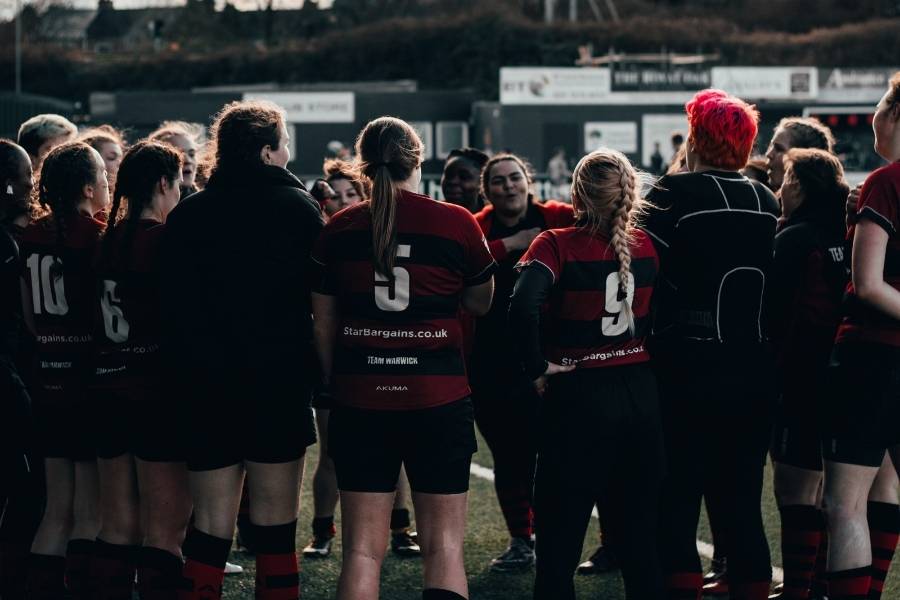I tried out a lot of student societies in my time at university, from my course society to LGBTQ+, music and language, and even religious societies. Like many other first years, I attended the fresher’s fair with great enthusiasm, leaving with armfuls of free stationery, brochures, and the occasional pizza slice. I also let my brand-new university email fill with dozens of society trial sessions which I had little to no interest in. Soon after, I learned my first lesson about surviving the strange world of university societies...

Only sign-up for university societies you are actually interested in!
Ok, I should have known this one. In my defence, I really thought I would be strong enough to resist the pull of hopeful-looking society seniors. I was wrong!
In reality, it’s all too easy to be swept along with the crowd of jostling students and the lure of a free pen. You might think you’re doing the stall-runners or yourself a favour by signing up for the Crochet Society when you’re more of a Cross Stitch Society person, but you’re only going to end up receiving a lot of emails you can’t be bothered unsubscribing from, and potentially missing the meeting you wanted to hear about.
There’s nothing to lose from trying out something different, in fact, it's encouraged, but there are some slightly Bizarre University Societies out there. You’ve got three years to try them out! Feel free to take free pens in the meantime, though, you are a student now.
It’s never too late to try a student society
Similarly, if you tried a university society early on and didn’t click with anyone, you can always try going back at a later date. Going with friends is a good idea, too, but don’t be afraid to use societies as a fun way to break down some barriers and connect with new people.
For example, in my first year, I anxiously made my way to a meeting of the LGBTQ+ society, only to find myself awkwardly sitting alone after saying hello and, ultimately, leaving early with the impression that it was just not for me. Shaking off my reservations, I went back again in my third year. Many of the same people were there, but this time the meeting was in a café (a place I feel very comfortable) and I managed to make some follow-up comments to “hello”. These very small changes lead to conversation, and I soon wondered why I had waited so long to give it another try.

I’m so glad I went back to try some old and new societies in third year. The truth is, first year is a year of change and learning to adjust to your new life, and for some of us it may take a little longer than the first week of freshers to get comfortable enough to really lean into the social opportunities of student life.
You don’t have to wait as long as I did to go back, and if you are worried about going back to a society you are really interested, try this:
Check their socials to see the full range of their events
I learned that most societies offer a range of events, from very casual get-togethers to nights out, movie nights, and even day trips. I soon realised that I preferred to have some focus for the meet-up, even if it was only trying out a new café. For me, having something to do with my hands and a subject ready to discuss makes starting conversation so much easier. It’s also a great way to get to know your university town.
Look for local events and groups
As a (slightly) mature student, I also found that it was helpful to look beyond university society toward events and groups open to students and locals. For example, I love music but, as a history student with little theoretical interest, I found that the university music society was not a right fit. Instead, I gave the local open mic a go. This helped me broaden my circle of acquaintances and friends locally, which made me feel more at home in the area.

Make it your own experience
I ended up attending some university society meetings every week and others only when I felt like it, but that’s the beauty of it: you are free to put in as much or little time and energy as you want. Personally, I had no ambitions to become a society committee member, but many people around me loved the process of competing and putting in work to make the society, and university at large, more useful and enjoyable for everyone. 
Even if, like me, student politics scares you, there are plenty of ways to take part in and Make the Most of Student Societies at every stage of your university journey. As I found in first year, not every society event you try will meet your expectations but, if you can stay open-minded and keep trying, you will be rewarded with some fantastic memories and lasting friendships. And if you find a big gap where your ideal society should be, there’s nothing to lose and everything to gain by starting it yourself.
After being so nervous to turn up and be the newbie, the hard part about participating in student societies ended up balancing social time with study. That could be a whole article in itself, but by finding good friends in society you may find that you now have a whole new pool of people who can commiserate with the struggle – even as an introvert, I found that the ability to talk to other students about uni (especially during deadline season) was invaluable.
Enjoy reading this? Why not read Making the Most out of First Year: 10 Essential Tips




